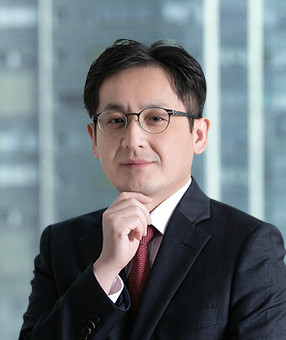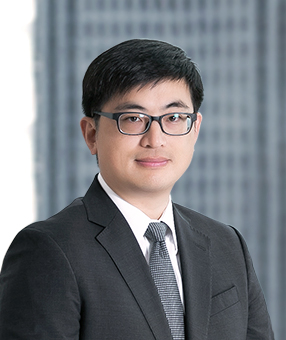Korea is a major player in the secondary battery industry, and over the years the Korean government has defined several secondary battery technologies as "national core technologies" subject to special requirements and policies that have been intended to enhance their development and to prevent their unauthorized leakage to parties outside of Korea.
However, statistics from the Korean Intellectual Property Office (KIPO) show that examination of patents in the secondary battery space also has slowed significantly in recent years, presumably due a significant increase in secondary battery patent filings. Examination times to first office action increased from an average of about 12.4 months in 2018 to about 22.4 months in 2022, while over the same period, the number of patent applications more than doubled from 3,520 to 7,240.
To address this issue, KIPO has announced a plan to significantly shorten patent examination periods for secondary battery patents, in part by modifying the expedited examination procedure, and by establishing a dedicated examination department for secondary batteries. In view of the fact that Korea is expected to grant patents on secondary battery inventions at a much more accelerated rate going forward, and due to its importance in the secondary battery industry, Korea is expected to become a focus of patent filings by many international battery companies, which may have implications for players in the secondary battery industry both in Korea and in foreign countries.
1. Expedited examination for battery patents
Beginning Feb. 19, 2024, certain patent applications covering secondary battery technology were added as "advanced technology" under the category of "patent applications for advanced technology important for the national economy and national competitiveness," qualifying them for expedited examination. Such applications must meet the following conditions in order for their examination to be expedited:
A. The patent application must be directly related to secondary battery materials, parts, equipment, manufacturing, or design technologies; and
B. The patent application must be filed by a company engaged in the production or preparation of products or devices related to secondary batteries in Korea, the result of national research and development projects related to display technology, or filed by a specialized secondary battery university (graduate school), according to the Act on Special Measures for Strengthening the Competitiveness of and Protection of National High-tech Strategic Industries.
2. Establishment of dedicated examination department for battery patents
KIPO established a consolidated examination department dedicated to secondary battery applications in June 2024. By this reorganization, all 45 examiners handling secondary battery patent applications, who are currently scattered across various examination bureaus, will be gathered in one department. KIPO also has hired 38 additional highly experienced private sector personnel with technical expertise and field experience in the secondary battery field as patent examiners, and assigned them to the secondary battery examination department, which comprises 3 specialized groups:
| Secondary battery material examination group | Secondary battery design examination group | Secondary battery control management examination group |
| Materials such as cathodes, anodes, electrolytes, etc. | Structure, design or manufacturing process of electrode, packaging technology, etc. | Circuit systems, battery management systems, recycling, etc. |
3. Results from similar changes in the semiconductor field last year
KIPO's plan for handling secondary battery applications is based on similar steps taken by KIPO about 1 year ago to facilitate examination of semiconductor applications, which produced some remarkable results. According to KIPO's report in May, after the launch of the dedicated semiconductor examination department in April 2023, the average examination time to first office action for semiconductor patents was shortened to 1.9 months, much shorter than the overall average examination time of 16 months. While the dedicated semiconductor examination department was originally launched with 130 examiners, 67 experienced private sector experts were additionally hired to improve examination quality and to reduce examiner workload, resulting in much speedier examination.
If the above outcomes can be replicated for secondary battery applications, Korea would potentially become one of the world's fastest jurisdictions for obtaining allowance of secondary battery patents, perhaps with patents registered within a few months after filing. As a result, it may become difficult to monitor competitors' patent filing activity in Korea or to take steps to delay competitors' patents from being granted through third-party observations and the like, since patents may be granted in Korea well before they become published. This may have knock-on effects in other jurisdictions as well, if the Patent Prosecution Highway is used to expedite patent applications in other countries based on such early Korean patent grants. It is also likely that Chinese battery companies will increasingly file in Korea, both to benefit from KIPO's speed of examination, and as a consequence of establishing battery manufacturing operations in Korea for the purpose of seeking to avoid the restrictions of the U.S. IRA.
Any secondary battery companies with a business entity in Korea are therefore strongly advised to take advantage themselves of KIPO's accelerated examination procedures for filing IP, or at least to carefully monitor and account for patents being granted in this space in Korea, in order to better protect their businesses in Korea.
Related Topics






